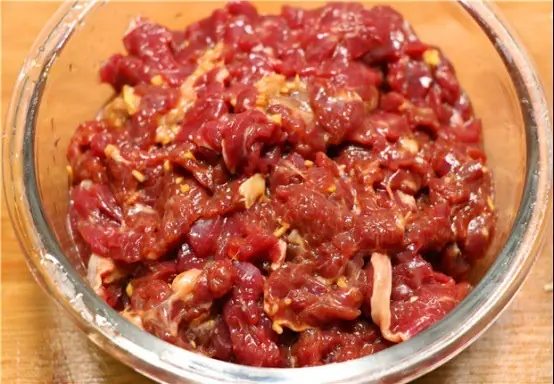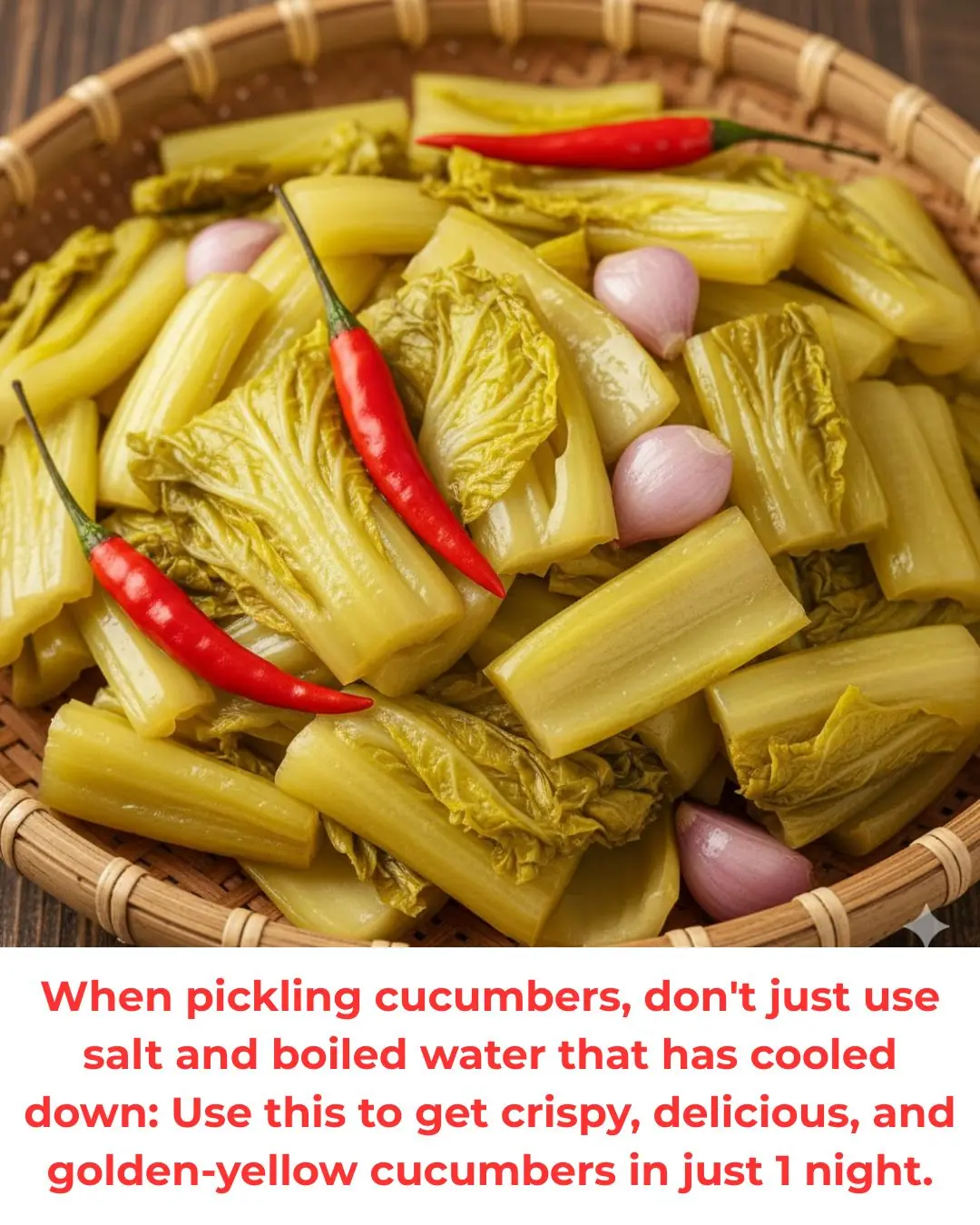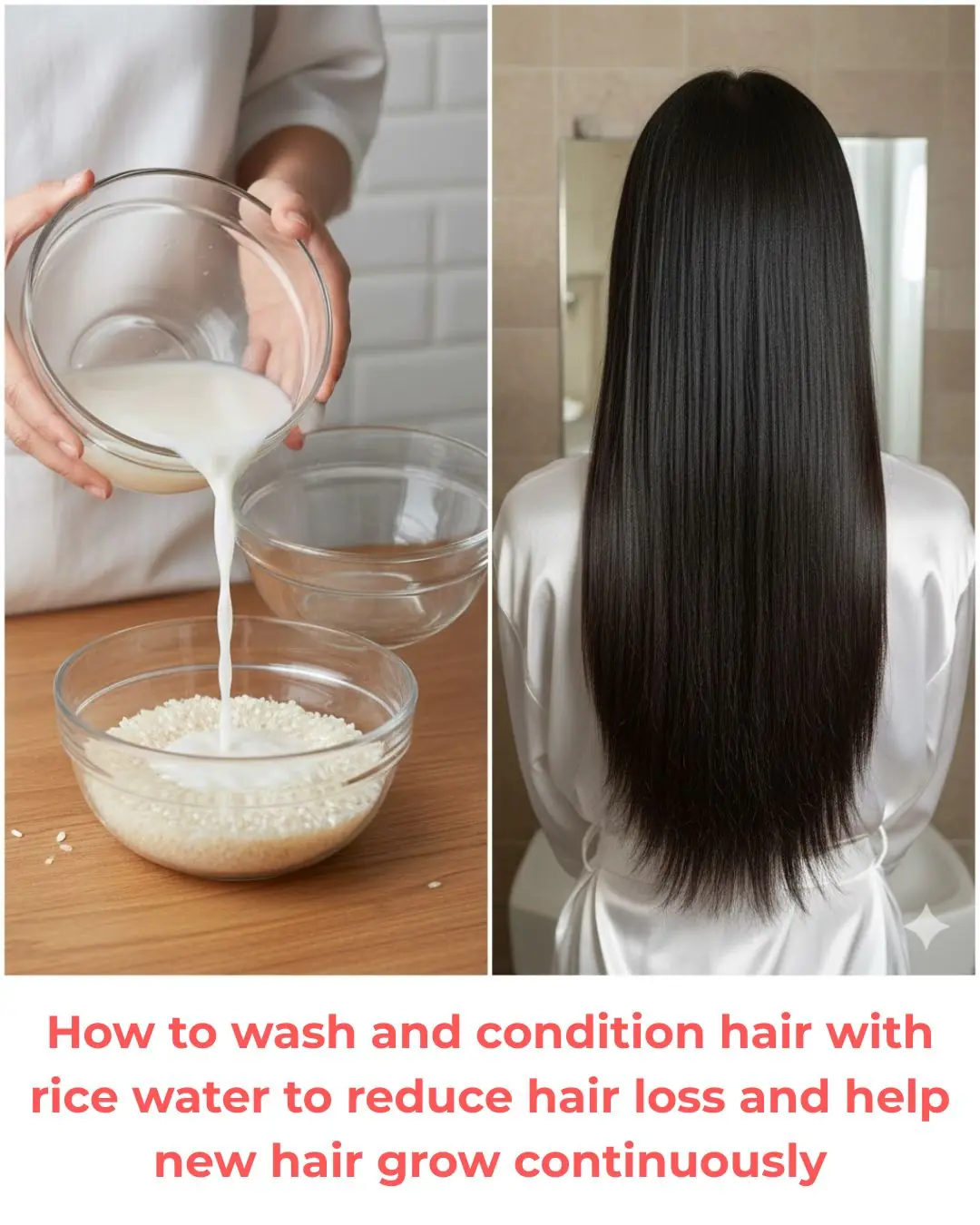
Without the need for a refrigerator, ancient people used these 6 ways to preserve eggs for a whole month and still be fresh and delicious
Eggs are a familiar food in every household, often bought in large quantities for gradual use. For modern families, the most common way to store eggs is in the refrigerator. However, even without one, you can still keep eggs fresh for a long time using simple traditional methods.
In the past, when modern appliances didn’t exist, our ancestors could still keep eggs fresh and tasty for an entire month. Let’s see how they did it!
1. Preserving Eggs with Rice Husks
Rice husks — a byproduct of rice cultivation — were widely used in daily life. For people in the past, they were extremely useful: as cooking fuel, fertilizer, and even for food preservation.
To preserve eggs, they would spread a layer of rice husks at the bottom of a container, place eggs on top, and then cover them with another layer of husks. They repeated this process until all the eggs were covered.
The rice husks helped keep the eggs dry and protected them from air exposure. The container was stored in a cool, ventilated area. Whenever eggs were needed, they were taken out, and the remaining ones were covered again with dry husks.
After about two weeks, they would inspect all the eggs and gently rotate their positions — moving the ones at the bottom to the top.
👉 Tip: To prevent the yolk from sticking to the shell, place the wider end of the egg facing upward. Avoid laying the eggs flat or pointing the narrow end up.
In addition to rice husks, sawdust can also be used in the same way — just make sure it’s completely dry, as moisture can spoil the eggs.
2. Preserving Eggs with Dried Grains
Another old-fashioned technique was to store clean chicken eggs together with dried grains such as black beans, red beans, soybeans, or corn.
These grains help absorb excess moisture and reduce air contact, allowing eggs to stay fresh for an extended period.
3. Preserving Eggs in Lime Water
Mix powdered lime with clean water to create a 2–3% lime solution. Let it sit for about an hour so the residue settles at the bottom. Then, skim off the white film on the surface and pour out the clear lime water, discarding the sediment.
Gently place the eggs into a glass, ceramic, or plastic container, then pour the clear lime water over them until all the eggs are completely submerged.
⚠️ Note: Avoid using metal containers, as lime can react with metal and produce harmful substances.
Store the container in a cool, dry place away from direct sunlight or heat.
With this method, eggs can stay fresh for up to six months.
Alternatively, you can make a 5% lime solution, soak the eggs in it for a few minutes, remove them, and let them air-dry naturally. Then, place them in a cool, ventilated area — this will keep your eggs fresh for about 3–4 months.
4. Preserving Eggs with Dried Tea Leaves
You can also use dried tea leaves (from used tea grounds) to preserve eggs. The tea helps absorb moisture and limits air exposure.
Make sure the tea leaves are completely dry, as damp leaves can mold or rot and damage the eggs.
Layer the eggs and dried tea alternately, just like with rice husks or sawdust.
5. Preserving Eggs with Rock Salt
Salt has antibacterial properties, making it a great natural preservative. To store eggs, bury them in dry rock salt.
This method can keep eggs fresh for several months, but the salt must be completely dry to be effective.
6. Preserving Eggs with Sand or Rice Bran
Finally, using dry sand or rice bran is another traditional method. Simply layer the eggs alternately with dry sand or rice bran — just like with rice husks.
This keeps the eggs insulated, dry, and well-preserved for an extended time.
News in the same category


The Under-Bed Test: A Quick Trick to Ensure Your Hotel Room Is Safe and Clean

Boost Your Wi-Fi Speed with This Simple Aluminum Foil Trick

If your beef turns out tough, don’t marinate it with salt. Use this ingredient instead to make it tender and richly flavored

Secret to quickly tenderizing beef, making any dish delicious

When pickling cucumbers, don't just use salt and boiled water that has cooled down: Use this to get crispy, delicious, and golden-yellow cucumbers in just 1 night.

A great way to defrost meat, just 3 minutes and all the ice will melt, the meat will be fresh and delicious like new.

Stuffing orange peels into empty water bottles may seem like a waste of time, but it can save you a large amount of money every year.

When boiling duck, don't add ginger and cold water: Add this and the meat will lose all its stench, and you won't get tired of eating it.

How to make steamed chicken with lemongrass, golden brown chicken, soft and delicious, irresistible

Simple tips to help reduce itching extremely quickly when bitten by mosquitoes and insects

How to wash and condition hair with rice water to reduce hair loss and help new hair grow continuously

How Microscopic Glass Flaws Can Lead to Oven Door Breakage—and How to Prevent It

How to cook fish soup with vegetables, delicious and sweet in summer

Turn on the electric fan on a hot summer day: Spray this and the room will be as cool as air conditioning.

How to boil eggs properly, no matter how big you want to eat them, it's easy to do

Going to the market to buy squash: Should you choose dark or light green skin?

What Happens When You Eat Chili Peppers Regularly

The Right Way to Read ‘Best By’ or ‘Best Before’ Dates — Most People Get This Wrong
News Post

High-Dose Nifedipine Linked to Increased Risk of Sudden Cardiac Arrest, New Study Suggests

How the U.S. Escaped Hurricane Landfalls in 2025

Ancient Shark Fossils Unearthed in Mammoth Cave Rewrite 325 Million Years of Evolutionary History

Powerful Health Benefits of Pineapple You Should Know

How an Italian Police Lamborghini Huracán Helped Save Lives by Delivering Kidneys Across Italy

Can Spinal Screws Push Through the Skin? Understanding a Rare but Serious Post-Surgery Complication

Why the Tongue Is One of the Most Important Organs in the Human Body

What You Do First in This Scenario

The Surprising Health Benefits of Sleeping in a Cold Room

A 4-Minute, Zero-Effort Hack to Clean Grill Gunk – The Simple Trick My Nana Taught Me

High Blood Sugar Warning Signs

🥚 A Look at How Certain Boiled Egg Habits May Affect Your Heart Health

Small Steps, Big Impact: How 4,000 Steps a Day Can Transform Your Health

🌿 Clove Water Sitz Baths for Women: A Gentle Guide to Hygiene and Comfort

What Happens to Your Body When You Eat Canned Tuna Every Day

17 Warning Signs Your Liver Is Crying for Help

How to Support Your Kidneys Naturally Using 1 Teaspoon of Baking Soda

Fish oil cuts CV risk nearly in half for dialysis patients

The hidden heart danger doctors say is more common in people with diabetes
